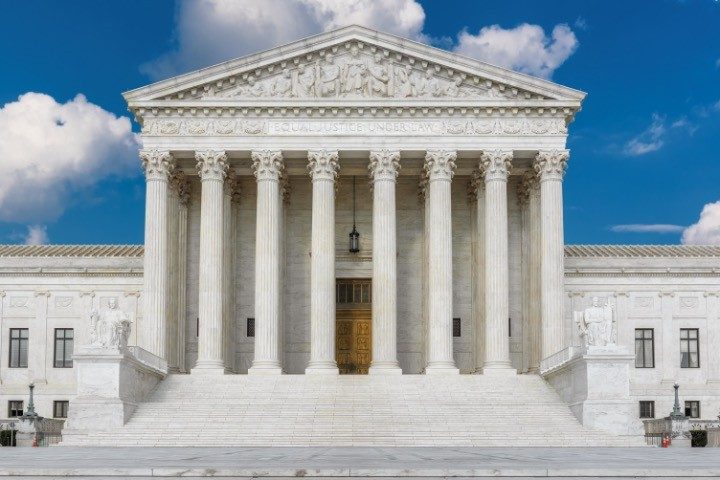
Today the U.S. Supreme Court hears arguments in two similar lawsuits over agency overreach.
In 1984 the high court ruled that where a federal law was ambiguous, an agency tasked with enforcing it had wide latitude over its interpretation. Not surprisingly, that “deference” to the so-called “expertise” of administrative agencies — called “Chevron deference” — has allowed the administrative state to grow enormously in both size and influence.
There are presently 15 major agencies in the Executive Branch which, over time, have spawned more than 430 regulatory agencies, poking themselves unconstitutionally into every nook and cranny of society.
One of them, the National Marine Fisheries Service (NMFS), operating under the National Oceanic and Atmospheric Administration (NOAA), wrote a rule requiring fishermen operating off Cape May, New Jersey, not only to allow a federal official on board each of their boats (to “monitor” their activities) but also required them to pay their salaries ($710 a day) while doing so.
When the fishermen filed suit (in two separate cases), two lower courts used the “Chevron deference” to support the agency. On appeal the Supreme Court agreed last year to hear their complaints, and arguments are being heard as this is being written.
The arguments against “Chevron” are simple: The ruling by the Supreme Court back in 1984 was unconstitutional because it violated the principle of the separation of powers (only Congress can write laws) and the Fourth Amendment’s due process clause (the agency involved cannot unilaterally make such a rule without Congressional consent).
Rogue agencies have ridden the “Chevron deference” horse to the point where courts, over the years since 1984, have abdicated their authority to determine if a law is constitutional or not more than 18,000 times. Agencies have seen their opportunity and have taken it. The Cape May fishermen have challenged such arrogance and court deference and seek to have the high court overturn it.
One of those in attendance today, Justice Neal Gorsuch, has written widely about the abuse of “Chevron deference” by lower courts. In 2016, while still a judge in the 10th Circuit Court, he wrote that “[Chevron] is a problem for the people whose liberties may now be impaired not by an independent decisionmaker … promised to them by law — but by an avowedly politicized administrative agent seeking to pursue whatever policy whim may rule the day.”
In other words, because those more than 400 agencies have been free from court oversight, they have seized the opportunity to extend whatever authority Congress may have given them to expand their power and reach over every action taken by citizens that, in their illegal opinion, violates their self-created and expanded law.
Gorsuch added, “the whole [Chevron] project deserves a tombstone.”
The two cases — Relentless v. Department of Commerce and Loper Bright Enterprises v. Raimondo — are being heard simultaneously, with a decision expected in June.
Related article:



